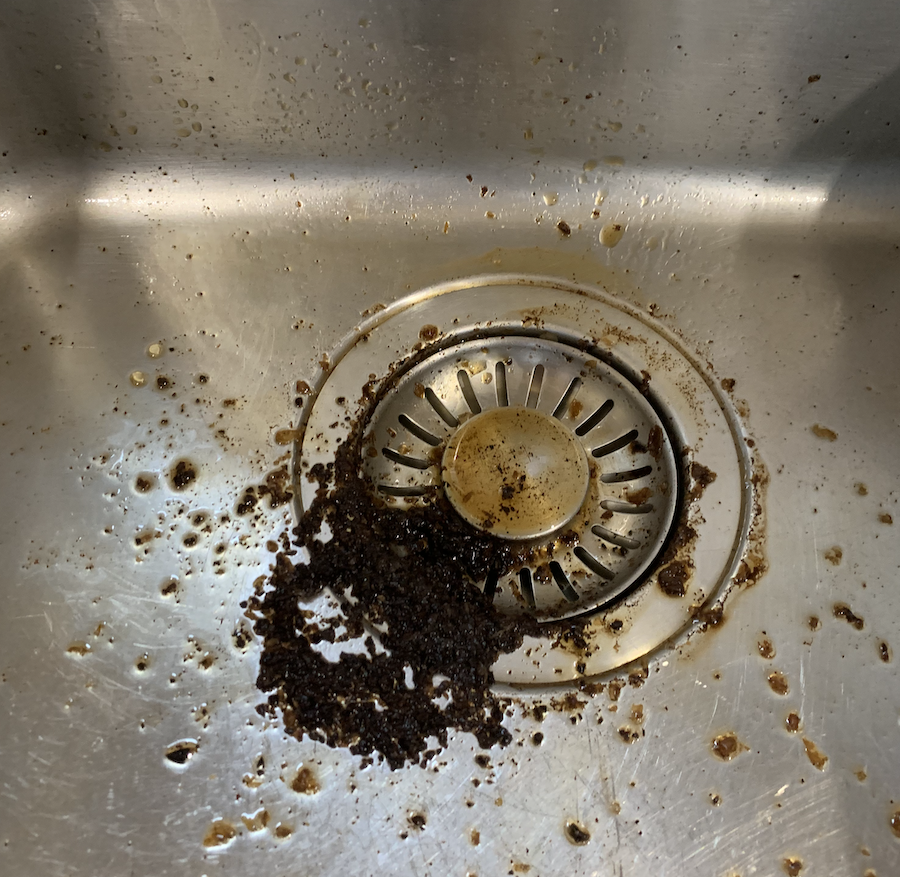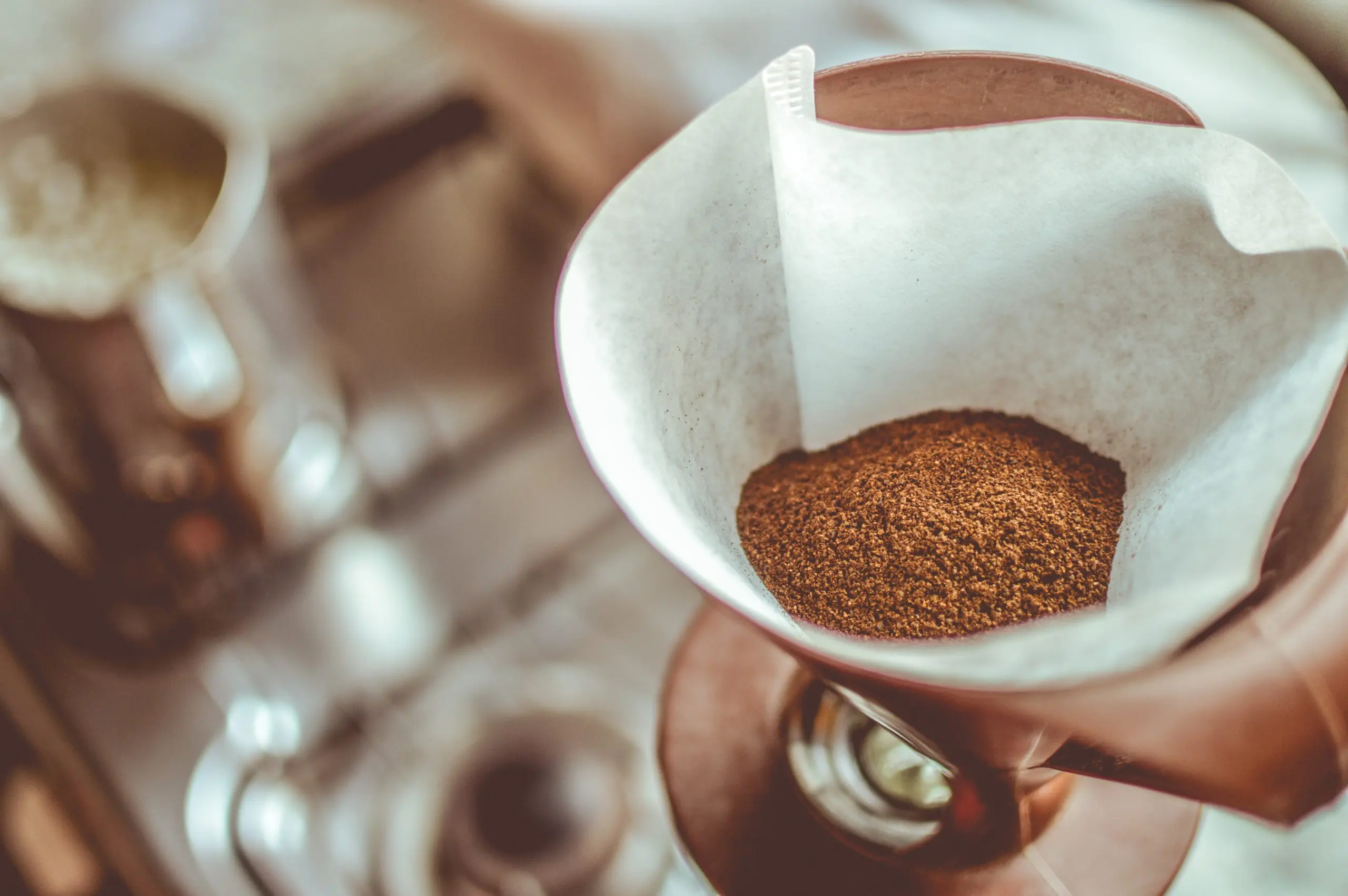Is It Safe to Dump Coffee Grounds Down the Sink? - Understanding Potential Issues
Is It Safe to Dump Coffee Grounds Down the Sink? - Understanding Potential Issues
Blog Article
They are making a number of great observations on the subject of Is it safe to dispose of coffee grounds down the sink? in general in this post in the next paragraphs.

If you're a devoted coffee enthusiast, you may be wondering about the best means to get rid of your coffee grounds. While it might seem hassle-free to wash them down the sink, this technique can result in numerous issues for both your plumbing and the atmosphere. In this post, we'll check out whether it's safe to place coffee grounds down the sink and talk about alternative disposal approaches to think about.
Risks of Putting Coffee Grounds Down the Sink
Plumbing Issues
Among the key worry about throwing away coffee premises down the sink is the danger of obstructing your pipelines. Coffee grounds don't liquify in water and can accumulate with time, forming a dense sludge that can block drains pipes and bring about expensive plumbing repair services.
Environmental Impact
Past the prospective damage to your plumbing, putting coffee grounds down the sink can also damage the setting. When washed into the sewer system, coffee premises can contribute to blockages in sewage system lines and therapy facilities. In addition, the high focus of organic matter in coffee premises can deplete oxygen degrees in waterways, adversely affecting aquatic life.
Alternatives to Disposing of Coffee Grounds
Composting
One eco-friendly choice for getting rid of coffee premises is to compost them. Coffee grounds are abundant in nitrogen, making them an outstanding enhancement to compost heap or bins. As they disintegrate, they include nutrients to the soil, enhancing its fertility and appearance.
Trash Disposal
If you don't have a composting configuration, an additional alternative is to merely throw your coffee grounds in the trash. Make sure to seal them in a compostable bag or container to avoid odors and leakage. While this method doesn't offer the same ecological advantages as composting, it's a secure and hassle-free method to dispose of coffee premises.
Tips for Proper Disposal
Make Use Of a Sink Strainer
To prevent coffee grounds from entering your sink's drainpipe to begin with, think about utilizing a sink filter. These cost-effective tools catch strong bits, consisting of coffee premises, avoiding them from triggering clogs.
Regular Maintenance
Despite just how you pick to deal with your coffee grounds, it's vital to preserve your plumbing routinely. Set up periodic drainpipe cleansings to eliminate any kind of buildup and make sure that your pipelines remain clear and free-flowing.
Final thought
While it might be tempting to wash coffee grounds down the sink for ease, doing so can have serious repercussions for your plumbing and the atmosphere. Rather, take into consideration composting your coffee premises or getting rid of them in the trash. By embracing accountable disposal methods, you can appreciate your coffee guilt-free while lessening your environmental footprint.
Coffee Grounds Down The Drain: Are They OK?
Can Coffee Grounds Go Down the Sink?
You may be thinking, “But I pour them down the sink drain every day and I’ve never had a clogged drain!” You see, coffee grounds come from coffee beans, which are virtually rock hard by the time they’re ground and brewed. You certainly wouldn’t want to grind up the pit from a peach, apricot, or nectarine that is about just as hard because they wouldn’t break down like other foods, and it’s the same with coffee beans!
If you usually grind coffee beans in the garbage disposal because it seems the cleanest and convenient, we don’t fault you for that. And anyone who has ever had to clean up the trash with spilled coffee grounds after a dog got into it would understand the rationale. Unfortunately, coffee grounds do not break down in water, so instead of grinding up and washing away as normal foods do in a garbage disposal, they clump together and as time goes by, the grounds can form a clump and pack the drain until it develops a clog.
What to Do With Coffee Grounds
So, what do you do with coffee grounds if you can't put them down the drain? You could of course just throw them in the garbage, but we encourage you to give these practical uses for them a try!
Since coffee grounds contain key minerals for plant growth, you can use them to fertilize your garden. Coffee grounds not only fertilize gardens because they are mineral-rich, but they are also great at absorbing contaminants in the soil, particularly heavy metals. Coffee grounds are said to attract worms, which help gardens flourish. You can use coffee grounds as fertilizer by sprinkling them around your plants. You can compost your coffee grounds and use them at a later time. Coffee grounds are great insect repellents when you place them in bowls or sprinkle them around the areas you want to repel insects. To remove fleas from your dog or cat, simply shampoo your pet then rub coffee grounds throughout their fur. Rinse them off and dry as usual. Like baking soda, used coffee grounds can eliminate odors. You can place them in a bowl in the fridge and let them do the work! Mix coffee grounds with coconut oil for a wonderful face or body scrub, or to reduce the appearance of cellulite. https://www.wintershomeservices.com/blog/2019/august/coffee-grounds-down-the-drain-are-they-ok-/

As an avid person who reads on Is it safe to dispose of coffee grounds down the sink?, I think sharing that excerpt was appropriate. Enjoyed reading our blog posting? Please share it. Help someone else find it. I cherish reading our article about Can You Put Coffee Grounds in the Sink Garbage Disposal?.
Get A Free Estimate Report this page